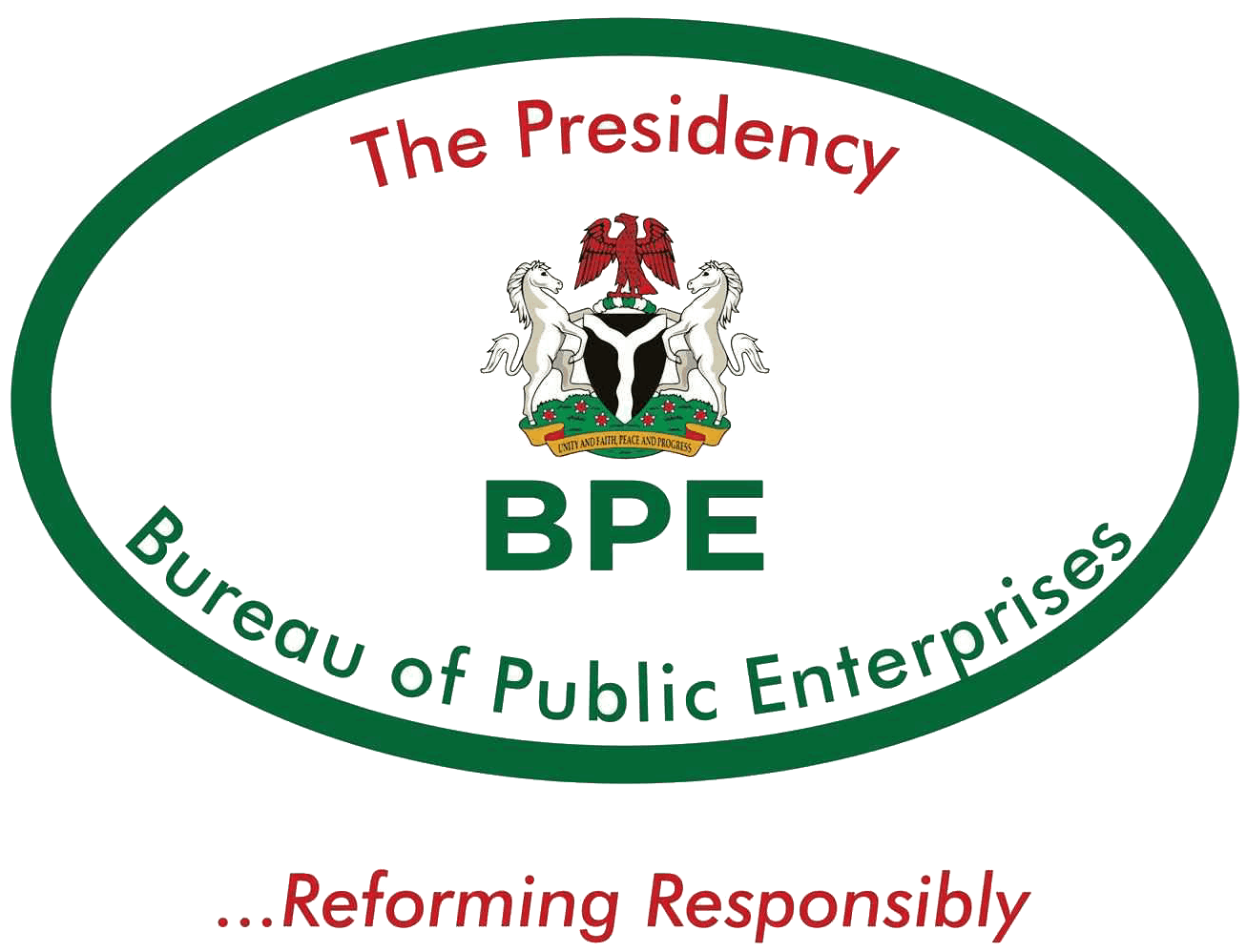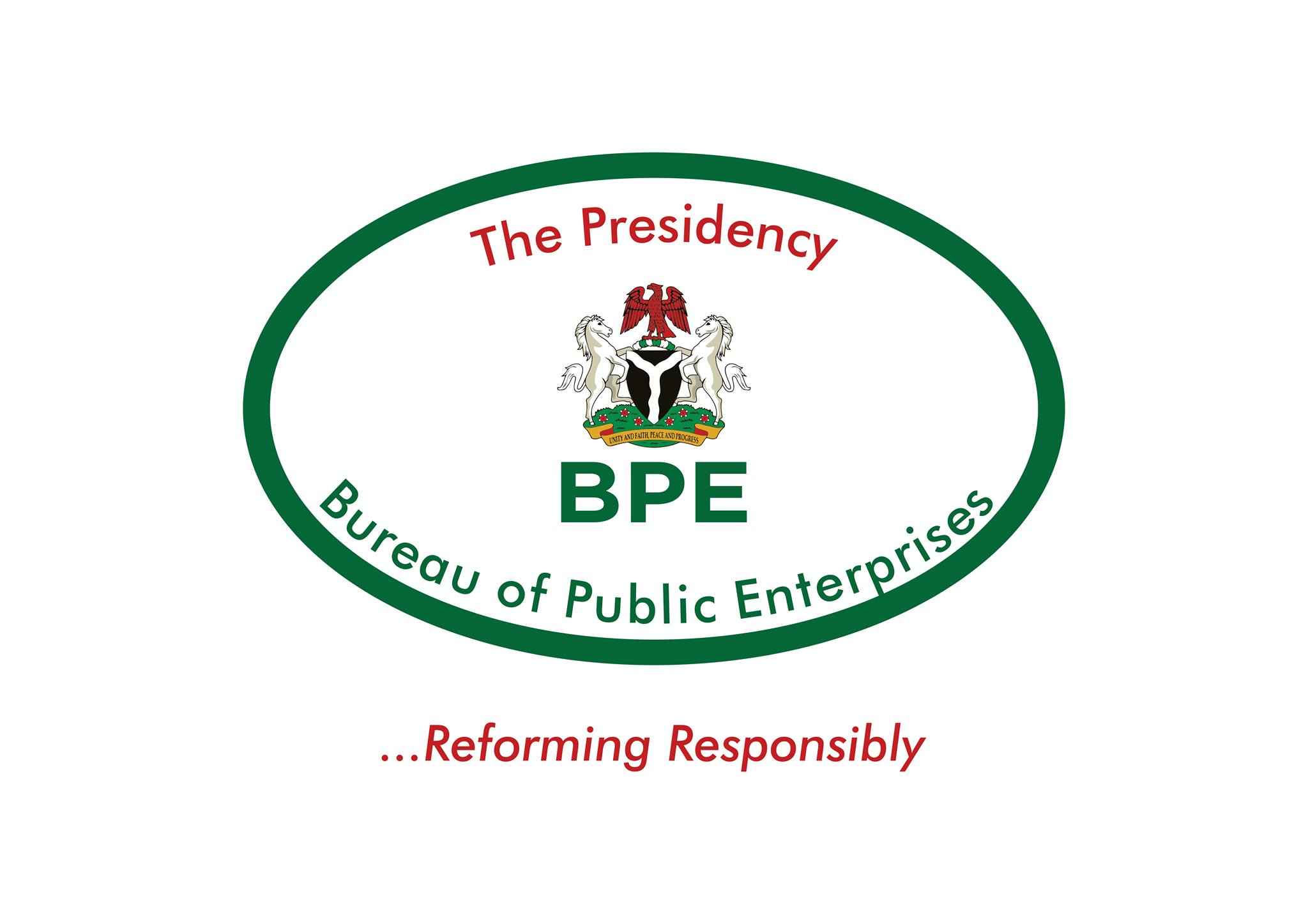Offices/Operational locations
Offices exist at all the 21 Airports in Nigeria viz: Murtala Muhammed Airport Ikeja, Lagos,Abuja, Kano, Port Harourt, Calabar, Enugu, Maiduguri, Jos, Benin, Sokoto, Yola, Owerri, Ilorin, Ibadan, Akure, Katsina, Minna, Makurdi, Zaria, Osubi and Bauchi. Murtala Muhammed international airport Ikeja, Lagos, Abuja, Kano Calabar and Port Harcourt are the main International Airports connecting Nigeria with the outside world while Maiduguri, Sokoto, Kaduna, Ilorin and Yola Airports are mainly for Hajj operation. The other Airports are for domestic operations only.
The following three Airports are distinctly owned by other parties:
- Makurdi is a military airport owned by Nigerian Air force. FAAN operates a small commercial terminal building and collect PSC from commercial Airlines passengers. NAF charges and collect all aeronautical revenues.
- Zaria Airport is used for training of pilots and Aviation professionals. The Airport is being operated by NCAT.
- Osubi Airport was built and is being operated by a private oil company (Shell British Petroleum).
DESCRIPTION OF SERVICE:
The functions of the Federal Airports Authority of Nigeria are as contained in Part II of the Federal Airports Authority of Nigeria Act of 1996 as amended in 1999 as follows:
- To develop, provide and maintain at airports and within the Nigeria Air Space all necessary services and facilities for the safe, orderly, expeditious and economic operation of air transport;
- To provide adequate conditions under which passengers and goods may be carried by air and under which aircraft may be used for other gainful purposes, and for prohibiting the carriage by air of such classes as may be proscribed;
- To charge for services provided by the Authority at airports;
- To provide accommodation and other facilities for the effective handling of passengers and freight;
- To develop and provide facilities for surface transport within airports;
- To carry out at airports (either by itself or by an agent or in partnership with any other person) such economic activities as are relevant to air transportation;
- To carry out at Airports (either by itself, its agents or in Partnership with any other person) such other commercial activities which are not relevant to air transport but which in the opinion of the Authority may be conveniently carried out without prejudice to the functions specified in this sub-section;
- To provide adequate facilities and personnel for effective security at all Airports; and generally to create conditions for the development in the most economic and efficient manner of air transport and the services connected with it.
SCOPE
The marketing scope of FAAN spans Domestic and International routes. Four Airports operate International flights to the world, five Airports operate Hajj flights, and Calabar Airport operates flights through the West African sub-region. The other eleven airports operate domestic flights only through the Network of the Nigerian Airspace.
Equity Structure and Planned Mode of privatisation
FAAN is a public enterprise owned by the Federal Government of Nigeria. The planned mode of privatisation is concessioning beginning with the Nnamdi Azikwe International Airport (NAIA) Abuja on a pilot basis before the others, including:
- MMA Plc comprising Murtala Muhammed international airport Ikeja, Lagos, Akure, Ibadan, Ilorin and Benin airports
- MAKIA Plc comprising Maiduguri, Sokoto, Yola and Katsina Airports.
- PHC International Airport Plc comprising Port Harcourt, Calabar, Owerri, Enugu Airports. and
- Abuja Plc comprising Abuja, Kaduna, Jos, and Minna Airports.
THE MARKET ENVIRONMENT
1.0 Market Size.
The market for airport services is potentially large. Out of the population of 120 million people, if 10% travel by air in a year, a minimum of 24 million travelers are expected to use the airports for a return trip. It can therefore be inferred that there is a 25% potential capacity utilization of Nigerian airports.
2.0 Competition.
FAAN currently enjoys the monopoly of managing the Airports in Nigeria. However, the service of the Aviation Industry is threatened by competition posed by road transport mode. It is expected that new strategies will be put in place to counter the shortfall in revenue caused by the competition posed by alternate travel modes.
The poor state of Nigerian Railways has ruled out a major Competitor in passenger movement. It is hoped that the following strategies will enhance airports’ performance to maintain the competitive edge.
3.0 Output and Marketing Outlets
The Authority manages 21 airports namely: MMA, Kano, Port Harcourt, Abuja, Maiduguri, Kaduna, Calabar, Enugu, Owerri, Jos, Sokoto, Yola, Benin, Minna, Ibadan, Akure, Makurdi, Katsina, Ilorin, Zaria and Osubi airports. Presently, it has potential output of generating and collecting revenue of about N18 billion annually. However, with the recent development of airports shifting from mere site for runways and terminals to global cities with support offices, hotels, retail and industrial facilities, the Authority can generate more.
Product Pricing Policy
FAAN’s pricing policy is guided by the policies, rules and regulations of the Aviation Industry for airport pricing. FAAN has limited control over the fixing of rates and charges on aeronautical sources since these charges often require approvals from the Federal Government.
| Product | Pricing Policy |
| a) Landing & Parking Int. and Dom.Passenger Service Charge (Internal & Domestic)
Fuel Charge Port Charge |
Aeronautical sources subject to Government approval. |
| b) Rent/Service RecoveryCharge (SRC)/Concessions | Fixed by FAAN: Charges are fixed based on prevailing market rates. |
| c) Utilities:Electricity
Water Telephone |
Adoption of government rates with 5% increase for administrative expenses/charges. |
Major Competitors to FAAN.
The major competitors in Nigeria are the luxurious buses on domestic routes that carry passenger and their goods to various destinations. All airports are presently owned by government. There are also airstrips developed for operation by oil companies in Eket and other places. These however compliment to air transportation in Nigeria.
The major airports in West Africa and Southern Africa are greatly improved to become the hubs of Africa. This can result in International airlines favouring to use those airports with better attractive facilities.
Technological Requirements for Success
Sourcing for Production Inputs Locally.
Spares and other inputs required for the maintenance of facilities are sourced from manufacturers through accredited representatives. The Authority in conjunction with some local manufacturing outfits is making efforts to source some of its required spares locally, such as machinery components and airfield lighting cables and fittings.
Computerization Network.
FAAN has acquired internet and personal computers, all connected to its five clusters of LAN (Local Area Network) which is linked to a WAN (Wide Area Network) through radio. The five clusters are located at FAAN Main Headquarters, Planning/Accounts, Personnel, Cargo/Hajj Terminal and Murtala Muhammed International Airport.
FAAN has commissioned its AOMIS (Airport Operations and Management Information System) and this is running on the network. FAAN has also acquired SunSystems which include Payroll, Sun Account and Human Manager. These also have been implemented on the network. All these software will be running on the network and are internet ready.
FAAN Intranet has been implemented using Microsoft Outlook and is being used to exchange, disseminate information through the network with the organization.
A Website has been designed and launched. This has made available to the internet all FAAN businesses for the world to access.
Arrangements have been made to link the WAN to an Unlimited Wireless Internet Access soon. As soon as this is done, FAAN business transactions will be available on the internet whether advertisement, purchasing requirements, information dissemination enquiries, consulting and other aviation-related transactions at FAAN’s disposal.
Capital Investment Requirement – The facilities at airports are to be updated in line with International Civil Aviation Organisation (ICAO) standards and recommended practices.
ENTERPRISE DATA
The Business Opportunity:
The need for Airport Services and developments are enormous in all countries of the world today. The huge potentials of the third world countries in air transportation are yet to be fully harnessed for maximum benefit. However, the aviation industry is dynamic in nature and capital intensive, the third world depends solely on the advanced countries for 90% of infrastructure for development in the sector.
FAAN operates all the 21 airports in Nigeria and these are distributed across the country with five of them providing links to other countries. The recent strategy in airport development has shifted from mere site for runways and terminals to being global cities with support offices, hotels, retail and industrial facilities, etc. The table below is a list of some airlines that patronize the Nigerian airports.
| S/N | INTERNATIONAL AIRLINES | DOMESTIC | OIL COMPANIES |
| 1 | British Airways | 1. Bellview | 1. National Oil |
| 2 | KLM | 2. E.A.S. | 2. Mobil |
| 3 | Lufthansa | 3. A.D.C. | 3. Total |
| 4 | Air France | 4. Chanchangi | 4. Texaco |
| 5 | Alitalia | 5. Sky Power | 5. Agip |
| 6 | Cameroon Air | 6. Freedom Airline | 6. Unipetrol |
| 7 | Egypt Air | 7. Albarka Airline | 7. Juhi |
| 8 | Ethiopia Airways | 8. Skyline Aviation | |
| 9 | Ghana Airways | 9. AAL | Others |
| 10 | Iberia Airways | 10. Sosoliso | 1. Federal Government |
| 11 | Kenya Airways | 11. Afrijet | 2. Diplomatic Tours |
| 12 | Middle East Airline | 12. Capital Airline | 3. Nigeria Air force |
| 13 | Kabo Air | 4. NNPC | |
| 14 | Sabena Air | Charter Operations | 5. NPF |
| 15 | Saudi Air | 1. Bristow Helicopters | |
| 16 | South African Airways | 2. Aero Contractor | |
| 17 | Sudan Airways | 3. Dana/Afri Air | |
| 18 | Swiss Air | 4. Premiun Air Shuttle | |
| 19 | Air Gabon | 5. Caverton | |
| 20 | Virgin Atlantic | ||
| Non-Sch Operators | |||
| 1. Afret Air | |||
| 2. African International | |||
| 3. Balkan | |||
| 4. Air Niger | |||
| 5. Tap Air |
Traffic statistics report for the year 1997 to 2003, the business performance of FAAN for the last five years (1998-2002) and the overall performance of FAAN relative to the critical success factors in the aviation sector are shown in the following Appendices. Click to Download Attachment
Prospects – The aviation industry in Nigeria is yet to attain full potentials but is still growing. The Open Skies program will give boost to air transportation in the West African sub-region, through more flights operating in and out of the sub-region to United States Airports.
The projected revenue of FAAN based on 5% increase on annual revenues from year 2005 to 2007 is as given below:-
2005 – N18, 685,500,000.00
2006 – N19, 619,775,000.00
2007 – N20, 600,763,750.00



